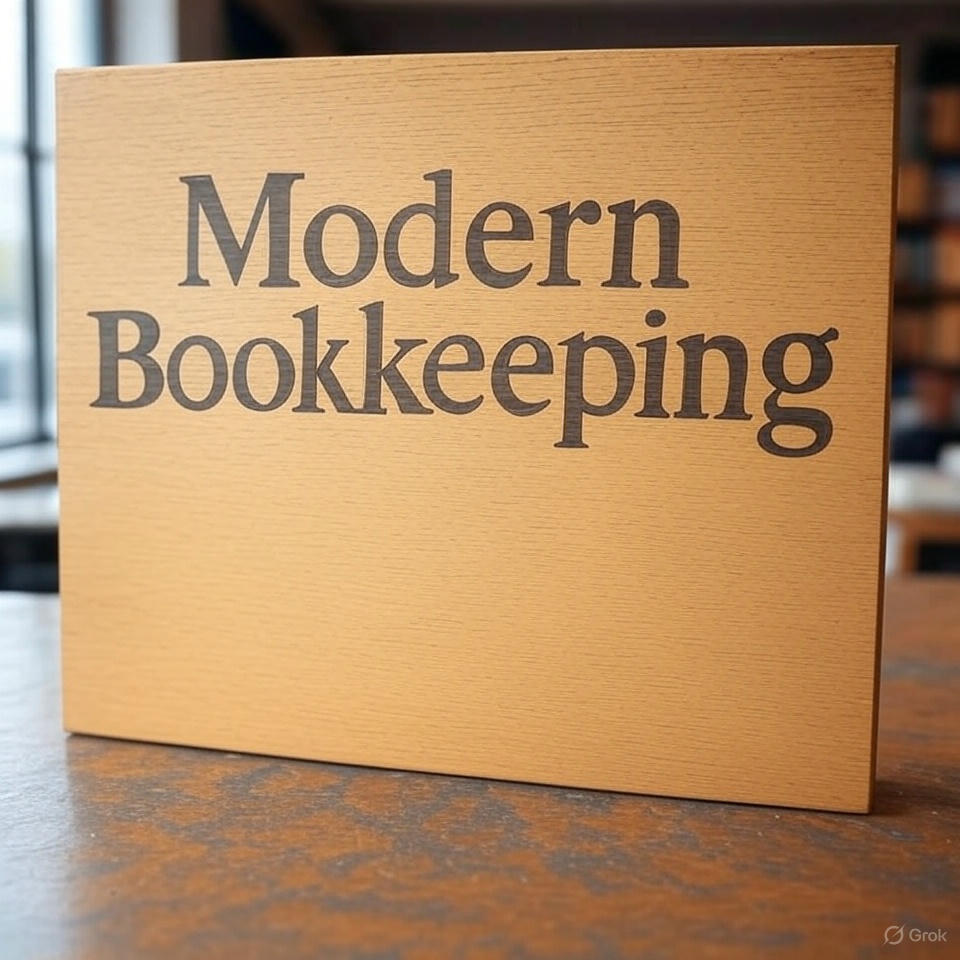Automation is significantly changing the way the accounting profession works!
Amidst this revolution, the role of accountants has not become obsolete; instead, they have become far more vital in this era. Accountants have acquired more strategic, value-added roles by streamlining processes and improving accuracy. They are now focused on advisory services, financial analysis, client management, and strategic planning.
Here is a quick list of how automation is creating an impact for Accountants
- Optimized Storage of Data: The shift of storing data from file cabinets to computers has become possible because of technological advancements. Today, all organizations, including the government, are adopting digital solutions to store data. Automation has not only improved accuracy but also made it accessible if the data is stored on the cloud. Accountants can now retrieve data from the records, instead of searching physical files.! This transition has significantly improved overall efficiency but requires adherence to strict compliance.
- Efficient and Time-Saving: Repetitive tasks, such as data entry, bank reconciliation, and invoice processing, are automated, speeding up the workflow and reducing the risk of human errors. This automation allows accountants to focus on more strategic functions. Tracking expenses has become seamless; one just needs to enter data or receipts. What once took weeks, reconciliation can be completed in minutes, just by exporting data into this financial automation solution, thereby saving time and money.
- Daily productivity is enhanced: With most of the day-to-day activities being automated, accountants have more time during the day. They can now focus on high-value activities such as managing relationships with clients, their professional growth, and their contribution to efficient decision-making. It also helps to maintain a work-life balance, thereby improving job satisfaction. Streamlined workflows minimize delay and quick turnaround, leading to increased organizational efficiency.
- Accurate Data: Even the smartest accountant can make mistakes while handling a large amount of data manually. Automation greatly reduces the errors. Once the system is set up, automated machines are highly accurate, and most errors are due to human inputs. Though automation isn’t perfect, data should be reviewed to minimize the chances of errors that happen because of repetitive and time-consuming tasks. This results in faster and reliable data as less time is spent fixing mistakes.
- Easy Access & Seamless Integration: Since the data is organized, automation makes it easy to locate any file in a few clicks! Efficient tools and management practices can do this faster & better compared to general applications. Digital processes work better if applications are integrated. Unlike before, where manual copying of data between the platforms was required, switching to cloud-based applications proves useful. Thus, Automation makes finding, organizing, and analyzing data quick & easy by staying updated and communicating via a single place.
Conclusion
With the advent of AI, organizations are now embracing digital transformation, making automation not just a trend but a game-changer for accounting professionals. By reducing manual workload, it has empowered accounting professionals to focus on analytical, strategic, and client-centric tasks. It has elevated the accounting profession by shifting the focus from bookkeeping to high-value advisory services.
In today’s dynamic environment, where economies of doing business are changing constantly, automation in accounting has enhanced decision-making capabilities and positioned accounting professionals as essential partners.
FAQs
- What is Accounting automation?
- It refers to the process of using software to handle day-to-day activities automatically.
- Is accounting automation secure?
- Yes, accounting automation is secure and compliant.
- Should small businesses use automation in accounting?
- Yes, it helps to save time, resources, and also reduces errors.
- Do we need to learn technology for automation?
- No, most of the tools are user-friendly & can be set up quickly.
- Explain the benefits of automation in accounting.
- Faster process, improved efficiency, and better productivity are a few of the benefits of automation.






